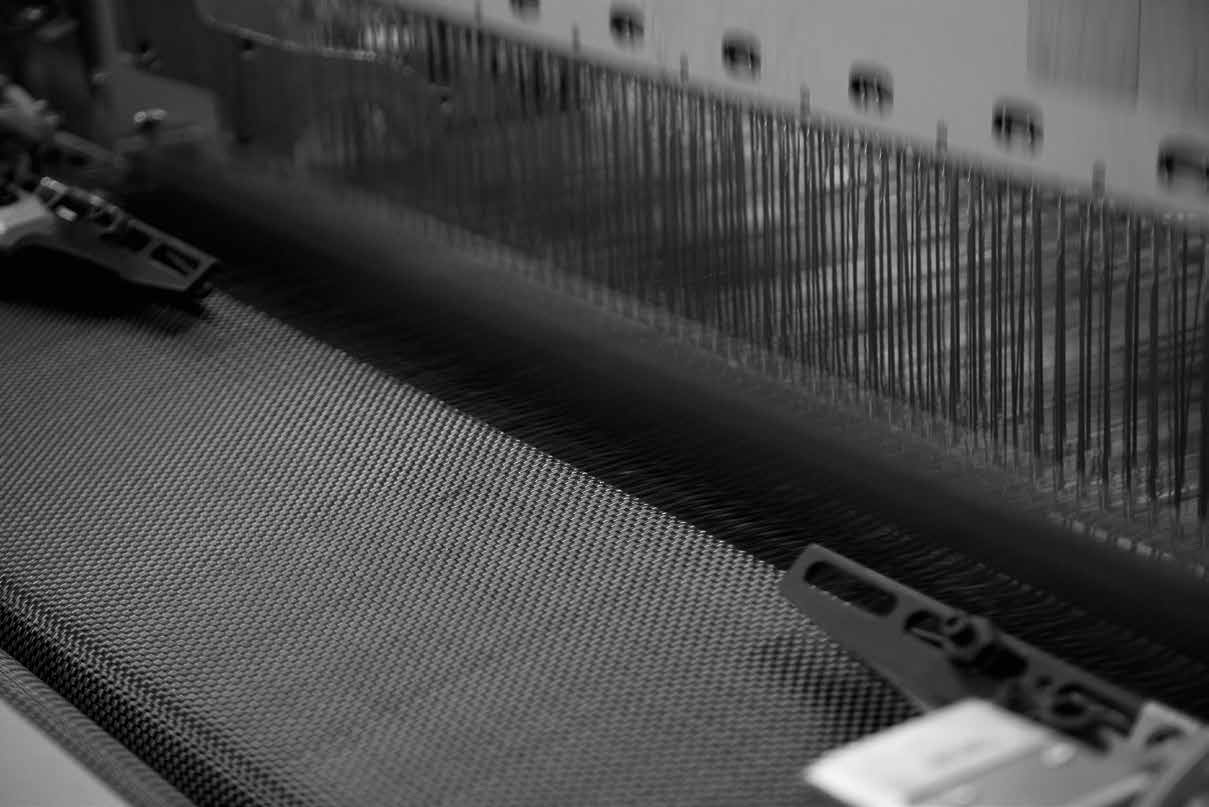Kordsa’s Contribution to the Creation of a Symbiotic Ecosystem
13 May 2016
Prof. Dr. Hasan Mandal
The need to resolve global problems which are consequences of globalization (such as the change in the demographic structure, demand for better living conditions, issues about sustainability, food, water, healthcare, energy, environment and climate change) has necessitated collaboration between industry and universities. Considered in that context, the competitive development of industrial businesses required an edge in production in the 1960s, cost in the 70s, quality in the 80s, speed in the 90s, and finally knowledge in the 2000s. In the 2010s, competition is still based on superiority in knowledge, however, the closed system of knowledge has now been replaced by an open system of knowledge. Consequently, success in a competitive environment of that type is only possible through collaborative work. In a similar vein, while the mission of universities used to be limited to education and research, now academia questions the economic and/or social impact of the knowledge produced. This in turn creates competition in that field as well. Therefore, today, Industry - University Collaboration throughout Research and Technological Development and Innovation Processes is a necessity for all institutions to survive. In this regard, there are many projects carried out by both sides globally. However, it is hard to name a single model or method to cover the whole effort. What we need are national, regional and local collaboration models with a global approach.
Turkey has been among the fastest growing economies in the world, in part from the development of a robust ecosystem. Turkey has emphasized and provided incentives for R&D-focused processes in the 2000s, which in turn, facilitated a speedy transition from low-technology products to medium-low and medium-high technology products. This has led to many positive developments in processes related to these technologies.
 On the other hand, this positive development has not been adapted at the desired level and rate in high technology products and their relevant processes. A major reason for this is that revenues obtained from medium-low and medium-high technologies have been reinvested back in low risk, medium-low technologies, and, to a limited extent, medium-high technologies instead of higher risk, high technologies. In turn, the industry’s need for universities, as well as the motivation of universities to collaborate with the industry has been limited to short-term relationships only.
On the other hand, this positive development has not been adapted at the desired level and rate in high technology products and their relevant processes. A major reason for this is that revenues obtained from medium-low and medium-high technologies have been reinvested back in low risk, medium-low technologies, and, to a limited extent, medium-high technologies instead of higher risk, high technologies. In turn, the industry’s need for universities, as well as the motivation of universities to collaborate with the industry has been limited to short-term relationships only.
Considering Turkey’s ambition to “Become One of the Top Ten World Economies” in 2023, industries with a focus on medium-high and high technologies will play a key role. This target can only be achieved if a multi-layered structure consisting of processes involved in applied research and product development focused on basic research and technology are deployed. All of these disciplines need to be developed and improved together in a synergistic manner. The successful management and governance of this type of process would be characterized by an interdisciplinary approach, team spirit and cooperation. Public sector focused strategies and related support and incentive systems were initiated in Turkey to specifically serve this purpose especially after 2011. Although there have been some good examples in practice, a culture or ecosystem specific to this field has yet to be fully established.
The Composite Technologies Center of Excellence, established through a partnership of Kordsa and Sabancı University, is an innovative initiative approach exactly toward achieving the aforementioned objectives and goals. This initiative will enable running all processes related to basic research, applied research, technology development, product development, entrepreneurship, and production under the same roof. All players involved in these processes, namely PhD students, postdoctoral researchers, faculty members, researchers, designers, engineers, managers and staff of manufacturing processes, as well as entrepreneurs representing business incubators will inhabit a single ecosystem. This emerging ecosystem is a new and authentic model for Turkey and represents an approach that could be regarded as an exemplary model for many high-technology focused industries.
Needless to say, the sustainability of such an ecosystem is more significant than its initiation. There are many good practices related to realizing and facilitating University-Industry Cooperation on a project by project basis. However, it is not easy to create a viable symbiotic living environment in the same building and ecosystem as indicated in this model. This is because while universities predominantly want to produce open knowledge and grow by sharing it with the rest of the world, industry tends to prefer a more closed and competitive structure. Kordsa’s groundbreaking approach and contribution to this process will improve composite material production with a focus on high technology as a way to achieve its own targets, and simultaneously contribute significantly to the establishment of the innovative and unique Industry-University Collaboration processes that will support Turkey’s quest to “Become One of the Top Ten World Economies”.